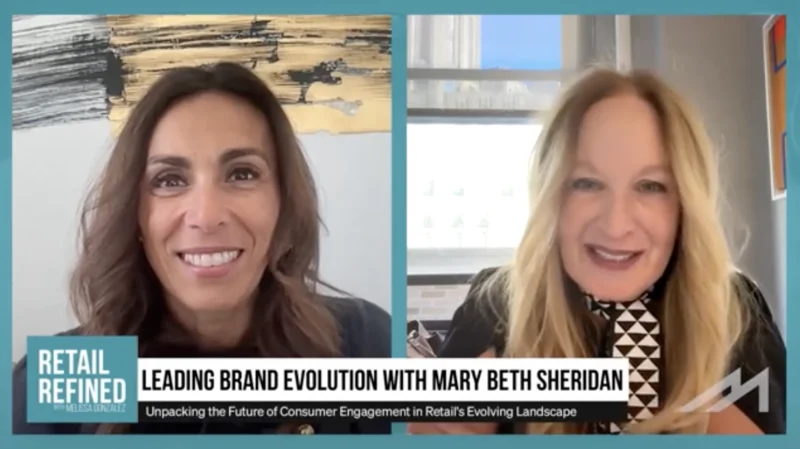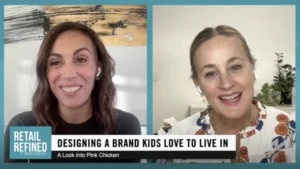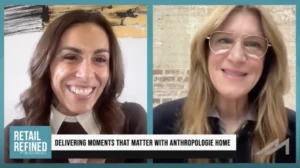Organized Crime Targets Large Retail
Theft is always a concern for retailers. Particularly for stores like Target, which carries small but valuable products on open display shelves. While there has always been an understood amount of profit lost due to stolen or misplaced items, today’s retailers are dealing with something completely different.
Organized crime, in the form of planned looting, has resulted in more than just a footnote in earnings reports. Target, for example, reduced its gross profit margin this year to date by $400 million compared to last, mostly to retail theft.
Carol Spieckerman, President of Spieckerman Retail takes a deeper look into this new and emerging threat to retail:
“Shrinkage is a term that covers a lot of ground in retail, but Target put a really fine point on it when they attributed their 400 million shrinkage loss primarily to organized crime. So this isn’t someone slipping a candy bar in their pockets. Increasingly, it’s about flash mobs that descend on stores, cramming all kinds of merchandise into laundry bags.
Ironically, Target may be making the problem worse by doubling down on categories like beauty, particularly with better brands, you know, more small high-ticket items. That really is a double invitation to thieves and the labor shortages we keep talking about. That does mean that some stores are operating with skeleton crews.
But also so are some local police departments. So together that can be a real problem. Now, legislation is an important first step and Target called that out in their earnings report because the fact is legislation hasn’t caught up with retail realities. You know, old-school pawn shops require all kinds of paperwork and tracking but the same doesn’t hold true for the online marketplaces where a lot of these stolen goods are fenced.
And theft gets generally treated as a misdemeanor, even if it’s perpetrated across hundreds of stores. So legislation is one leg of the stool. The other leg is technology. Now the good news is a lot of surveillance and tracking technology that retailers have access to has gotten really sophisticated.
But it’s not cheap, so legislators are gonna have to catch up with the times, and retailers are gonna have to start shelling out for better technology and for more store help if they really wanna put a dent in the problem.”









